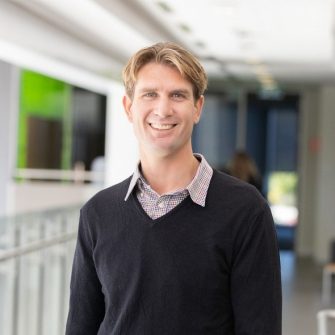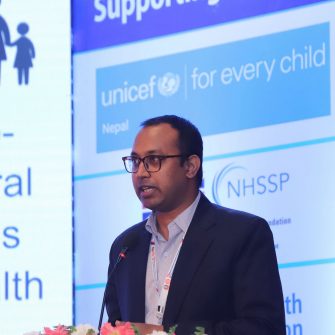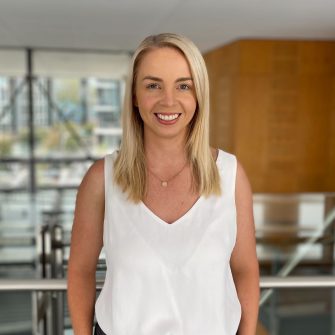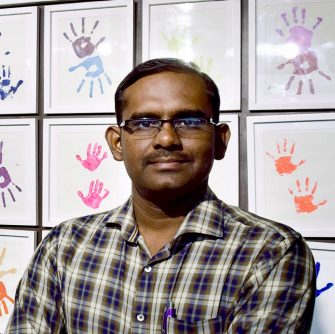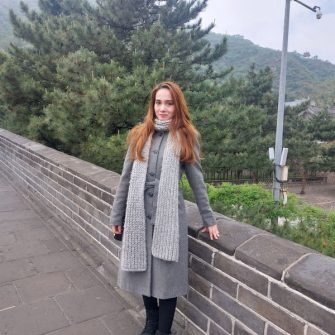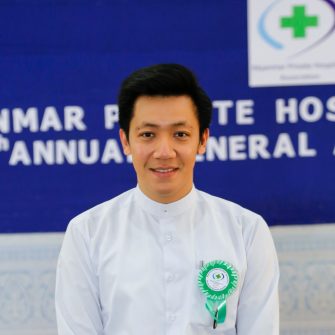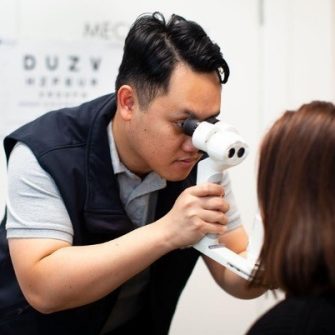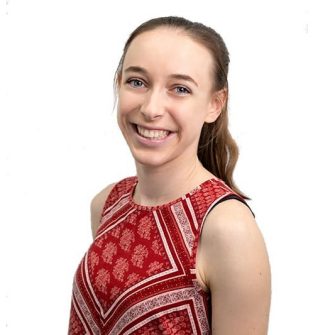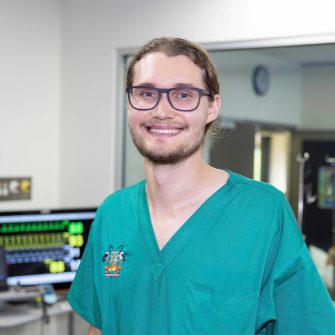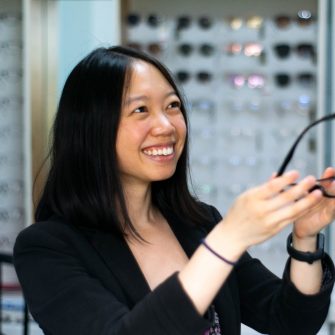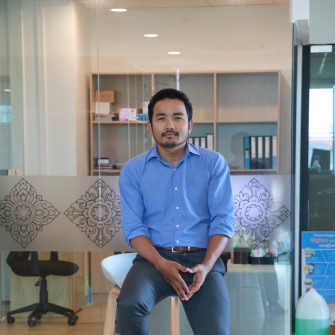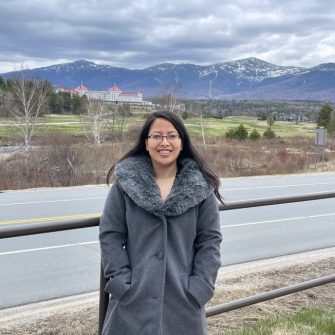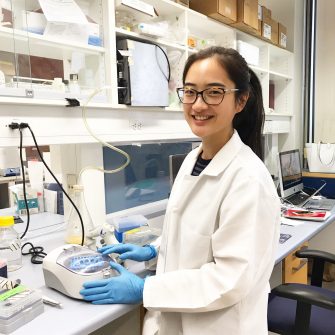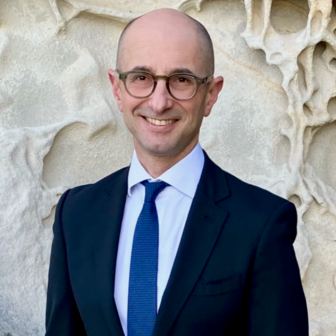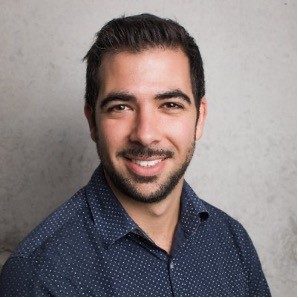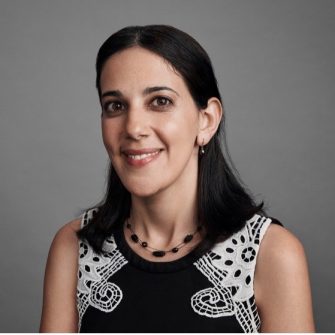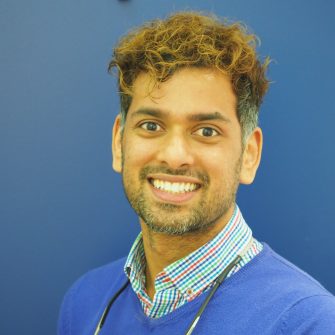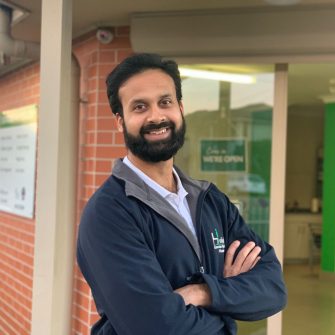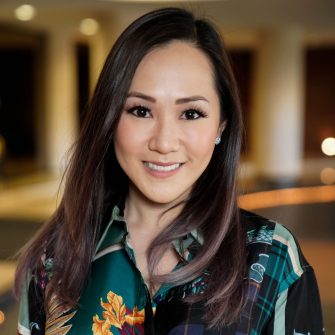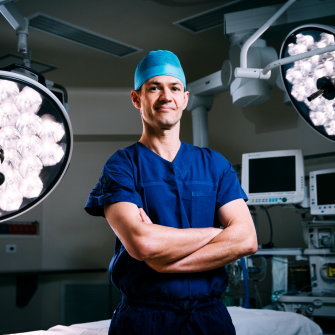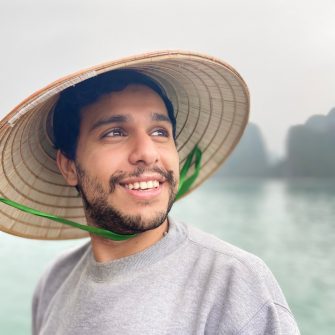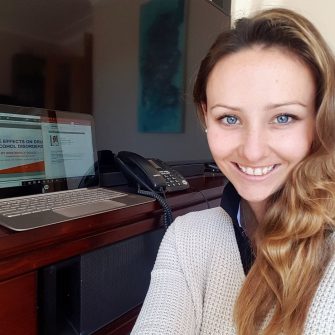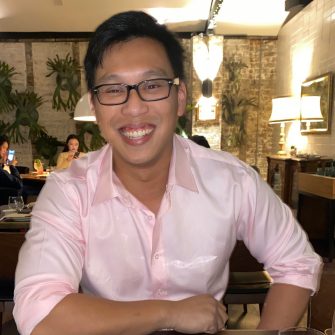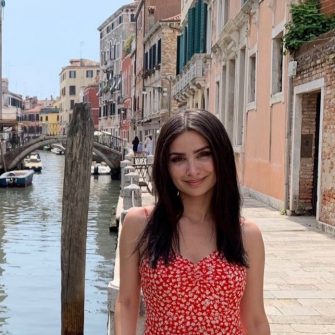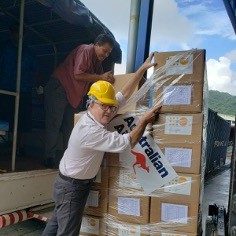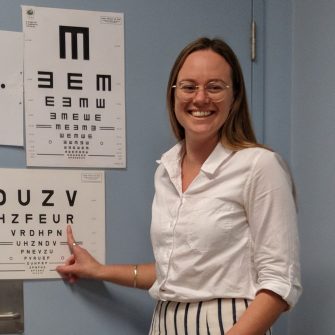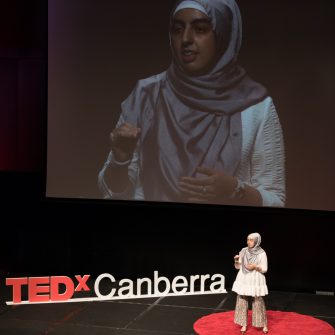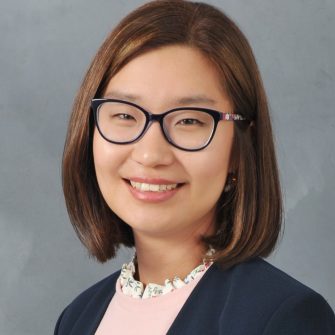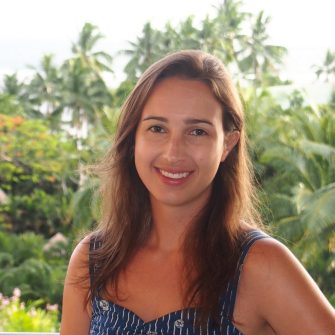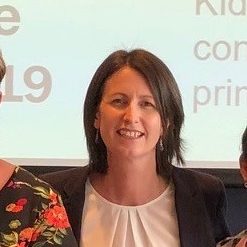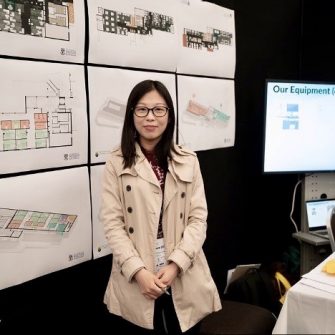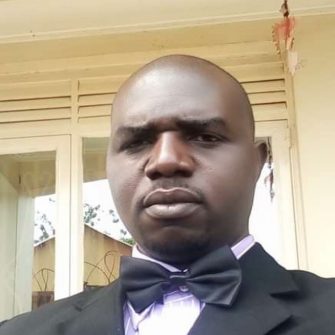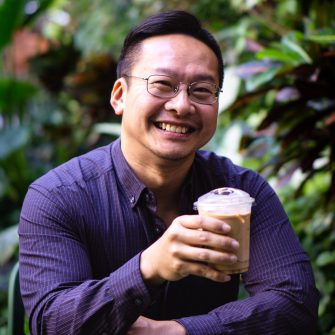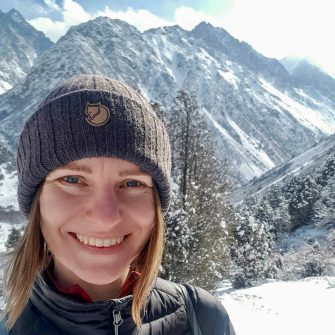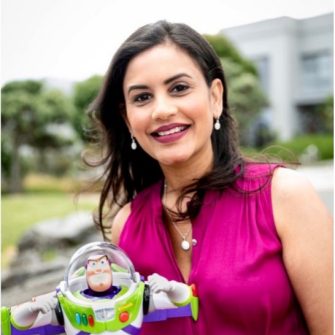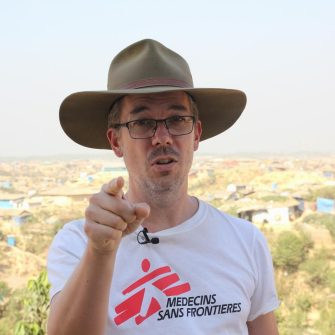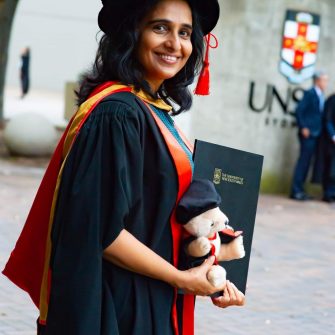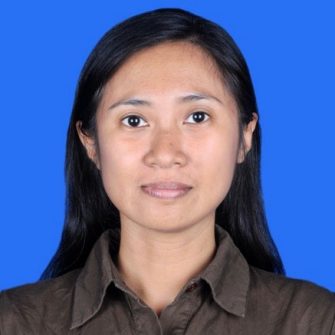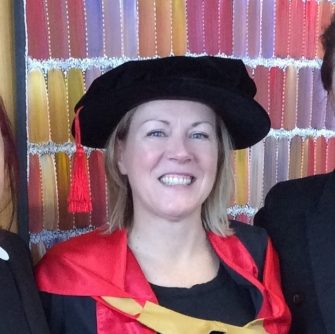Niroshan Jeyakumar
BMed 2019 MD 2019 BSc (Med) Hons 2019
Neurology Advanced Trainee, Westmead Hospital – Sydney, Australia
A bit about me...
Hi everyone, my name is Niro. I’m 28 years old, Sri Lankan Tamil and a Neurology Advanced Trainee at Westmead Hospital. I grew up in Carlingford and studied Medicine at UNSW, including an Honours year looking at the neurophysiology of postural reflexes. After graduation, I started working at Westmead Hospital as a junior doctor and have been there ever since. Last year, I came first in Australia and New Zealand in the Royal Australasian College of Physicians specialty entrance examinations.
Outside of clinical practice, I am engaged with research into conditions like Parkinson’s disease, Huntington’s disease and MOG antibody disease, a multiple sclerosis-like condition that is the focus of my current Masters project. Studying for exams and conducting research whilst working as a doctor has been busy, but I love my job. In neurology, I work with incredibly talented colleagues, routinely deal with complex and fascinating cases, and, most importantly, have the chance to try and help people with what I have learnt every day.
In the future, I want to work on unpacking the mechanisms that underpin neurodegeneration so that we can create ‘disease-modifying therapies’ capable of not just treating symptoms but the underlying disease process itself, maybe one day even a cure. If we can achieve that, I think that will change the world. Outside of Medicine, I love tennis, going to the beach, a good story – in books, film or theatre, and good food.
Quick fire Q&A
1. Do you have a favourite quote or mantra?
“With great power comes great responsibility.” – Uncle Ben
2. What are you reading/listening to?
“Elusive: How Peter Higgs Solved the Mystery of Mass” by Frank Close
3. What advice would you give a student approaching the end of their degree?
Travel, read, spend more time with family and friends, dive into the hobby or project you’ve been thinking about but never started, do all the things that you want to do but feel there isn’t time for because there is only less time later!
4. How do you remain resilient in your line of work?
I think resilience requires three key ingredients.
First and foremost is support and I am really lucky to have an unconditionally supportive family (my incredible wife, mum, dad and brother) and friends (the same gang since high school) who have been in my corner my entire life. Without them, I would not have gotten very far at all.
The second is perspective. Rarely is anything as bad as it seems when you put it in perspective. That includes in perspective of the greater struggles of others less fortunate than us and in perspective of everything that is good in our lives apart from that one difficult moment right now. I’m going to sneak in a second quote here, from Doctor Who, that puts it best: “Every life is a pile of good things and bad things. The good things don’t always soften the bad things, but vice versa, the bad things don’t always spoil the good things and make them unimportant.”
Finally, one needs a sense of purpose. If you are grounded in what you aspire to do or who you aspire to be then you can always motivate yourself to get through the difficulties that stand in the way of achieving that. In Medicine, we are lucky because you don’t need to look far to find something worth struggling for. There are a great number of people we are privileged to be able to help but also many that we have no power to because the answer is too obscured to see or the science hasn’t been figured out yet so I try to reshape the challenges I face (like going to see consults at 10pm after being at work since 8am the day before because of a rough overnight on-call) as experiences that might teach me something or force me to improve in some way, and, if one day, when somebody very sick is counting on me to help them because no-one else can figure out how, what I learnt today makes all the difference, then it’s worth it every time.
5. What recent habit(s) has improved or changed your life?
Reading novels – I used to read voraciously when I was younger but fell out of it in university and early working life amidst exams and work commitments. I got back into it recently and was reminded of the unique clarity of mind you reach when reading, beyond the enjoyment of a great story, which is already distinctly satisfying. I think it’s because reading removes you from your usual thought patterns, giving you a break from the day-to-day stresses, but still engages your mind in a different way, which leaves you feeling energized afterwards. I imagine meditation works in a similar way, but I’ve never managed to master that.
6. How did your time at UNSW help shape who you are today?
My time at UNSW shaped who I am greatly, mostly because of who I spent it with. I was fortunate to share my degree with my best friends from high school, who are the same people I started hospital internship with and the same people who stuck around for physician training too so I have the unique privilege of being able to say that I spent nearly my entire education and training – coming up to 17 years now – alongside the same guys I got in trouble with for mucking around in art class. I think the great culture of camaraderie and working together at UNSW was a big part of facilitating that experience.
7. What was your most memorable experience from your time at UNSW?
My most memorable experience would have to be the three months in the summer between 5th and 6th year when my friends and I did our overseas elective placements. We did placements in Colombo and Cambridge and travelled across Sri Lanka and Europe in between. It was really an unparalleled experience and the highlight of the UNSW Medicine program without a doubt.



